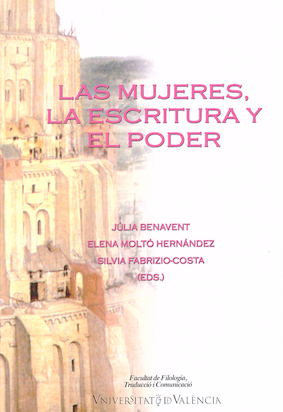La mujer del gobernador: escritura epistolar femenina en la Milán del siglo XVI
DOI:
https://doi.org/10.7203/qf-elit.v17i0.3488Keywords:
writing, correspondence, woman, Milan, Granvela Abstract
Abstract
This paper aims to highlight an example of woman’s participation in political and public matters through epistolary writing. The study examines the letters of some of the most important women of the society of Milan of the middle of the 16th century. As the wives of some of the most powerful men of the court of Milan, they held a varied correspondence with Charles V’s secretary of state, Antoine Perrenot de Granvelle. By examining the letters they exchanged with Granvelle, the analysis brings to light different examples of public and private writing of diverse importance: recommendations of people for different charges, requests in the name of family members or friends, reinforcement of the requests made by their husbands, opinions on matters of state and government… The paper also considers the particular rhetoric of these women, their point of view, their way of using the written language, the different kinds of writings they used… This correspondence enables literature historians to observe the importance of feminine writing as a space of political and social intervention. The texts are a testimony of women’s participation in public life and of their importance in the society of their time.
 Downloads
Downloads
Downloads
How to Cite
-
Abstract317
-
PDF (Español)160
Issue
Section
License
 Este obra está bajo una licencia de Creative Commons Reconocimiento-NoComercial-SinObraDerivada 4.0 Internacional.
Este obra está bajo una licencia de Creative Commons Reconocimiento-NoComercial-SinObraDerivada 4.0 Internacional.
Authors who publish with this journal agree to the following terms:
- Authors retain copyright and grant the journal right of first publication with the work simultaneously licensed under a Creative Commons Attribution License that allows others to share the work with an acknowledgement of the work's authorship and initial publication in this journal.
- Authors are able to enter into separate, additional contractual arrangements for the non-exclusive distribution of the journal's published version of the work (e.g., post it to an institutional repository or publish it in a book), with an acknowledgement of its initial publication in this journal.
- Authors are permitted and encouraged to post their work online (e.g., in institutional repositories or on their website) prior to and during the submission process, as it can lead to productive exchanges, as well as earlier and greater citation of published work (See The Effect of Open Access).




